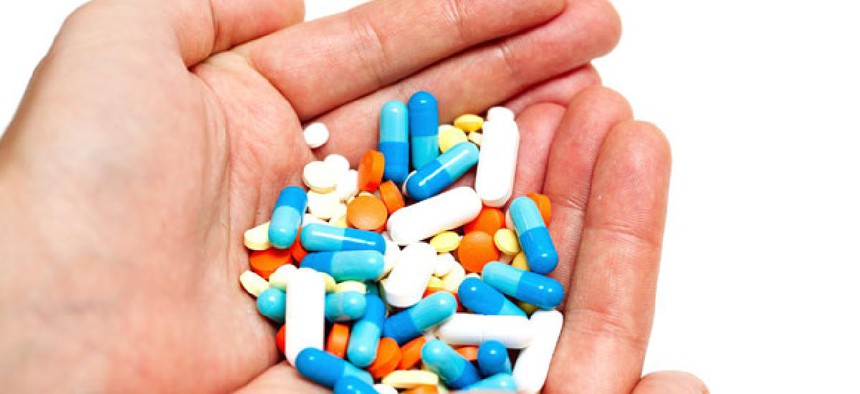Who Should Take Antidepressants?

Diana Taliun/Shutterstock.com
A brain scan could help objectively identify who will benefit, and who won't.
Amid calls for more science in psychiatry, part of the $100 million the U.S. government is spending this year on the BRAIN Initiative will go toward "mapping the human brain" in the interest of more concrete diagnoses. Basing treatments on harder data, better understanding the science of psychiatric pathology, could cut down on variations from doctor to doctor and get people healthier faster. For example, a recent study at Johns Hopkins found that over 60 percent of adults who were diagnosed by their doctor as having depressionactually did not meet the official diagnostic criteria for the disorder upon re-evaluation by Hopkins psychiatrists. Some of them may have been prescribed antidepressant medications when their real problem was something else entirely.
Even when diagnosis is accurate, only some depressed people respond well to antidepressants. For others, they don't really help. Dr. Thomas Insel, director of the National Institute of Mental Health, explained to me, "We have reasonably good treatments for depression; both medications and psychotherapies. But we don't know who will respond best to medication and who will respond best to psychotherapy."
We do know about certain interesting factors that predict responses. For example, depressed people with a personal history of child abuse seem torespond better to therapy than to medications. But an empiric test to decide who should receive what type of treatment, instead of relying on possible correlations and likelihoods from the patient's history, could save time and money in effectively getting people what best works for them.
As Insel told me, "We increasingly think of depression as a brain disorder and thus, turning to the brain to predict treatment response seems like a smart thing to do."
(Image via Diana Taliun/Shutterstock.com)





